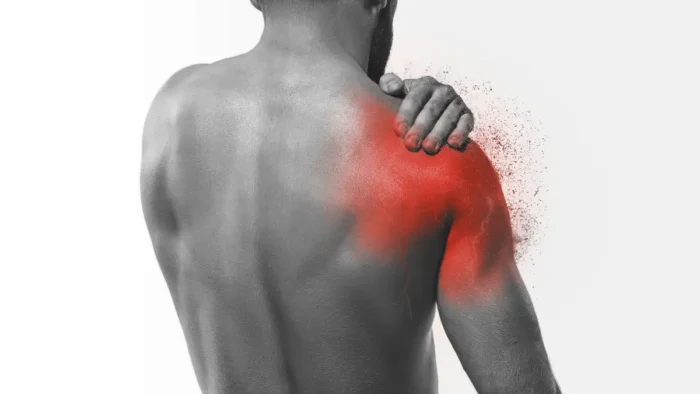It’s a trap that you’ve fallen for so many times. There you are, standing in front of a giant stack of glossy cereal boxes at a local grocery store, staring at those colorful cartoon characters and those shiny toy prizes on the box tops. Before you know it, you have a couple of boxes tucked under your arm, and you’re walking towards the check-out lane. These type of purchases is impulse purchases.
Impulse purchases are a common dilemma. When shopping for an item, people are often attracted to something they didn’t intend to buy in the first place. This can lead to significant expenses, but fortunately, it has an antidote. The antidote is being aware of your spending habits and knowing how far your budget will take you. If you’re on a budget and still find yourself tempted by that appealing item on the shelf or the Internet, ask yourself if you really need it and how much it will cost. And for punters, various authors have written books describing simple rules used in all casino games to dramatically reduce the number of impulse bets you make.
While it’s true that we can’t always control our spending, there are some tactics you can use to avoid impulse purchases.
Set a budget and stick to it.
The first step is to know how much you have at your disposal for the month and don’t exceed those limits. By having a budget, you’ll be able to avoid impulse purchasing as you’ll know exactly how much you’ll need for the month.
Transfer money into separate bank accounts
While transferring money into another account will make it easier for you to spend it, the idea is that once the money’s in there, it’s harder to get back out if you put it in a separate account. Suppose you’re transferring money into an investment account or savings account. In that case, that should help you feel better about not accessing that cash immediately, making it less likely that you’ll spend it on something unnecessary.
Make sure you’re sticking to your budget. Check your bank account often to ensure that you’re not spending more than what’s allocated for certain things. For instance, if there’s only $10 left after paying bills and other expenses, then no amount of shopping will be able to change that until next payday comes around.
Stay away from stores
If you visit a store, the chances are that products will be displayed in such a way to make them look like they’re on sale or on special offer. This will naturally get your attention and make you want to buy something. To avoid this, just don’t visit any store at all. It might seem silly, but it will help if you’re serious about saving money.
The Internet is for shopping
If you really need something, just check online first. The chances are that whatever it is that you want to buy is also available online. Just google it and find out where to buy it for cheaper online. This way, you will know how much money you should save before purchasing the item. Could you make a list and stick to it? Stick to your list when shopping and only add things to your cart when you are ready to make a purchase.
Using the 24-Hour Buying Rule
The 24-hour rule is a simple but effective way to curb impulse or compulsive buying. It’s a reasonably straightforward process, and it requires you to spend a little time planning before you go out to shop.
If you have an issue with impulse purchase, here’s what you need to do:
Step 1: Set a limit on your spending for the next 24 hours. Tell yourself that you’ll stick to the same amount of money you bring with you no matter what. That way, if you have $90 in cash with you, that’s all you’ll be allowed to spend. No going back home to get more money for a purchase.
Step 2: If possible, avoid shopping as a solo activity.
Step 3: Shop for items where you’ve done your research beforehand and know precisely what you want. If it wasn’t on your list when you left the house, don’t buy it now.
Step 4: Don’t bring your credit card with you when you go shopping, especially if it’s a card that offers a lot of rewards or incentives. This will increase your temptation to buy things that aren’t on your list since they’ll be charged to your credit card and won’t cost anything out of pocket right now.





